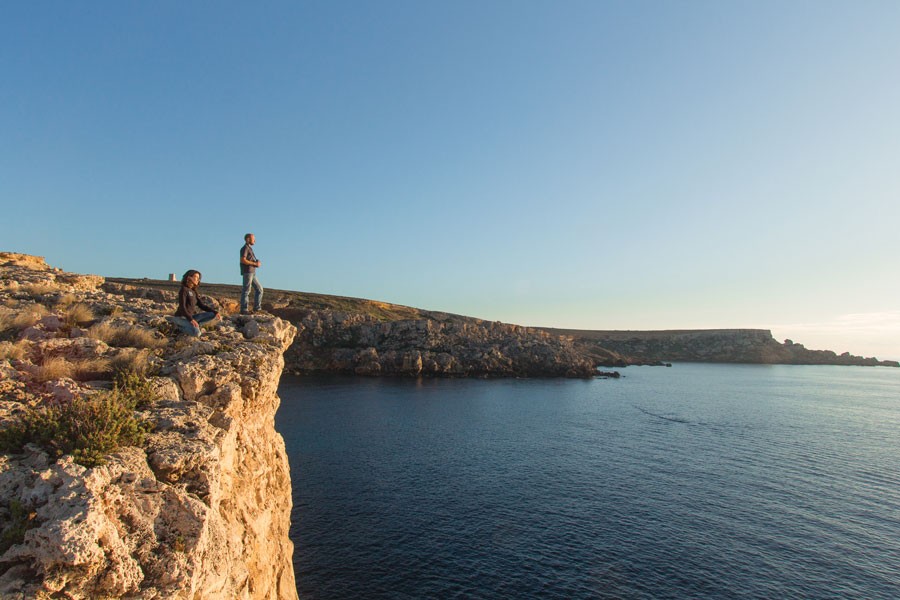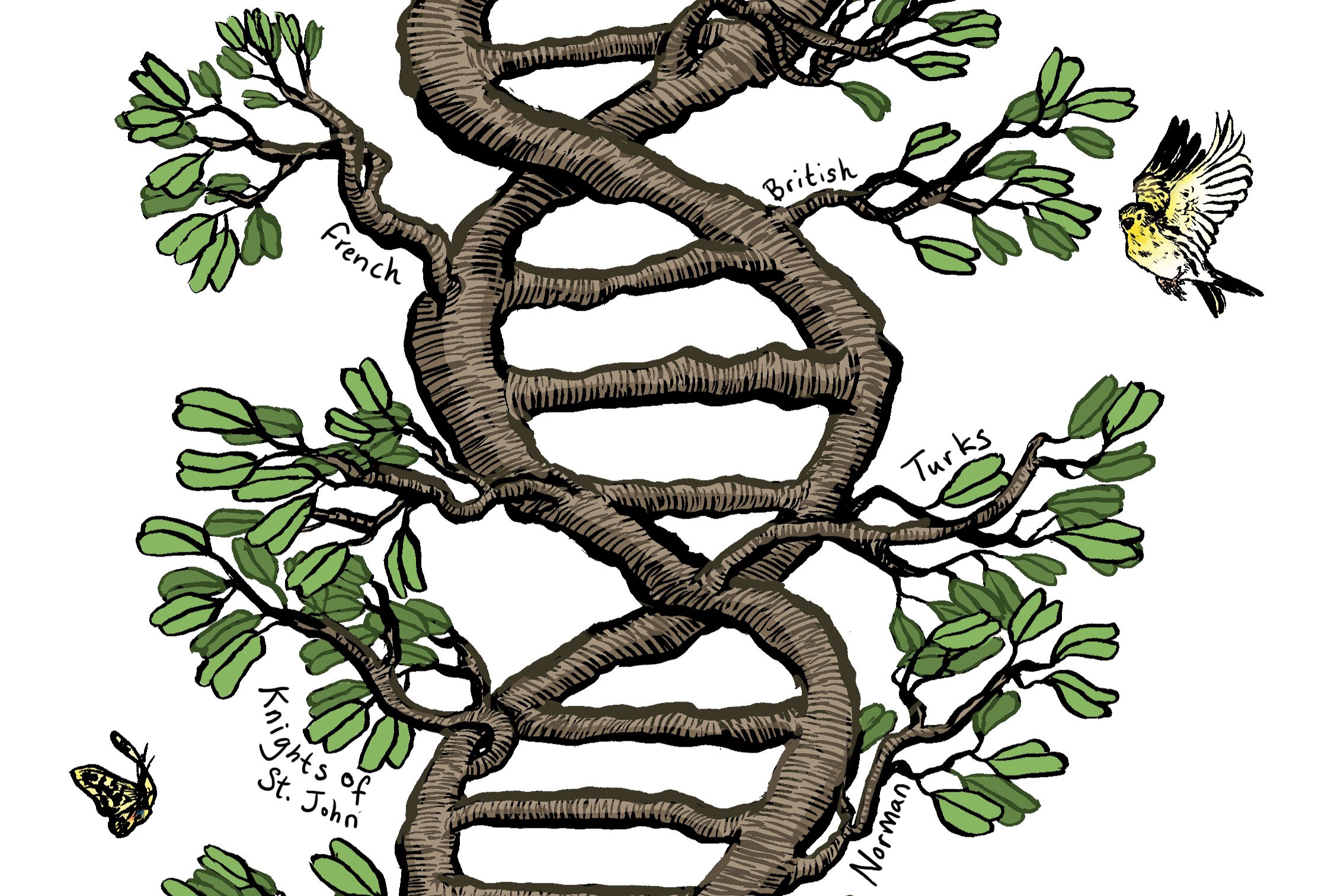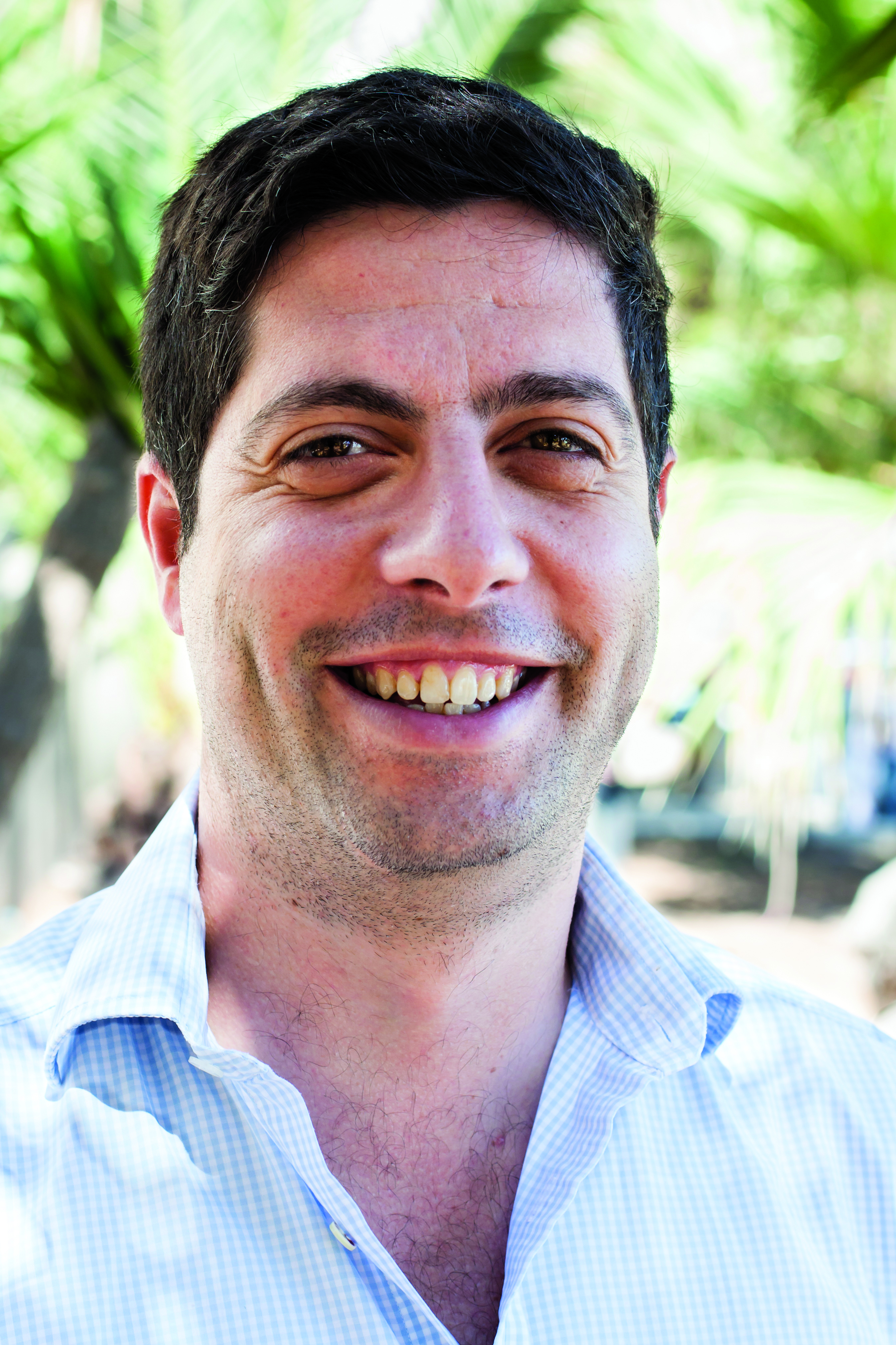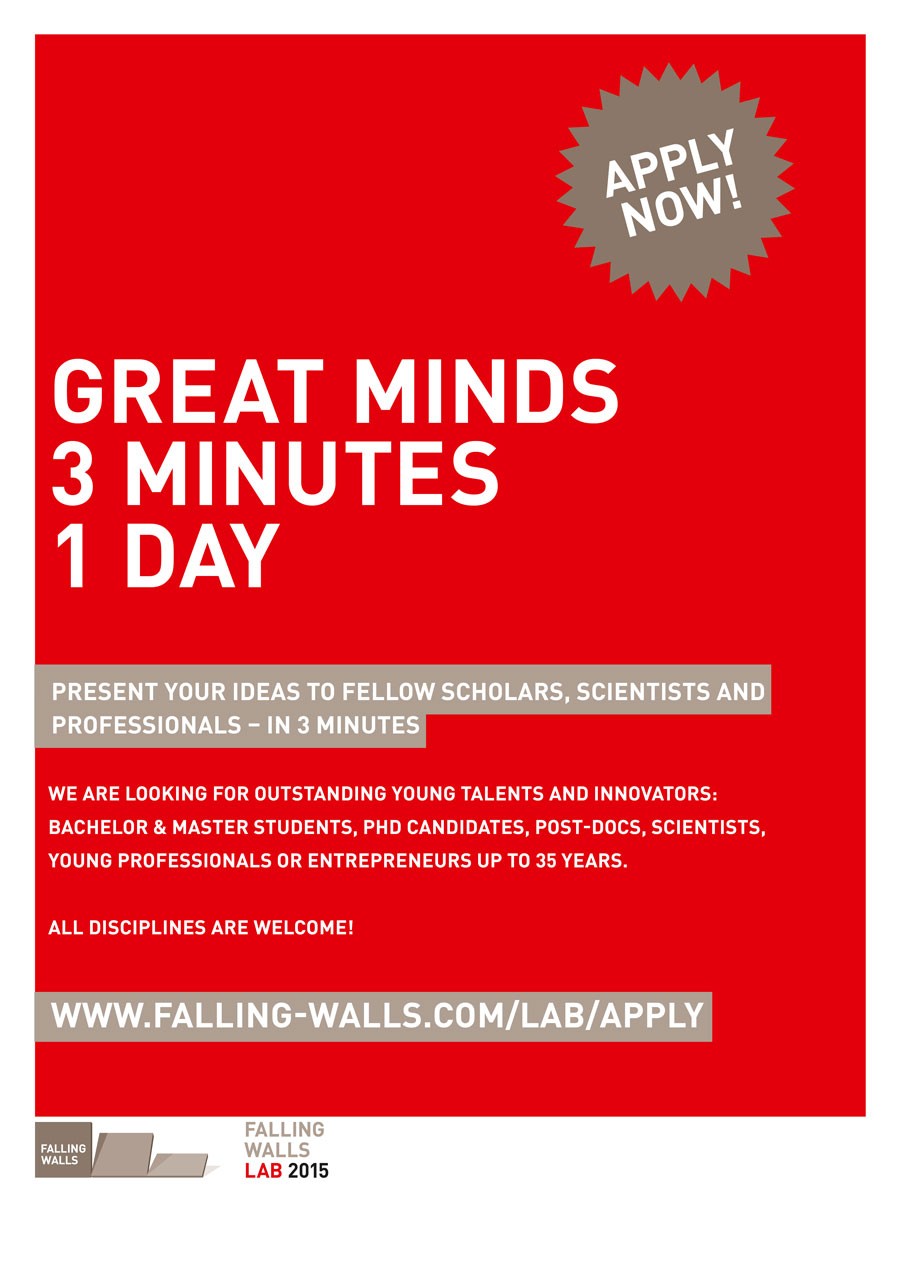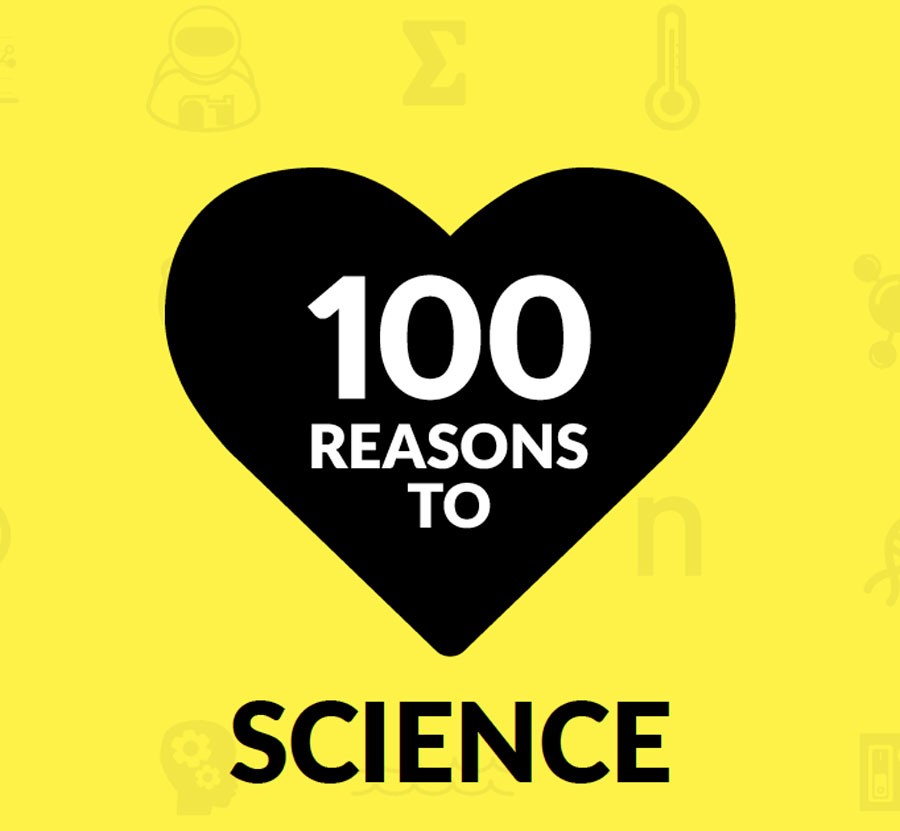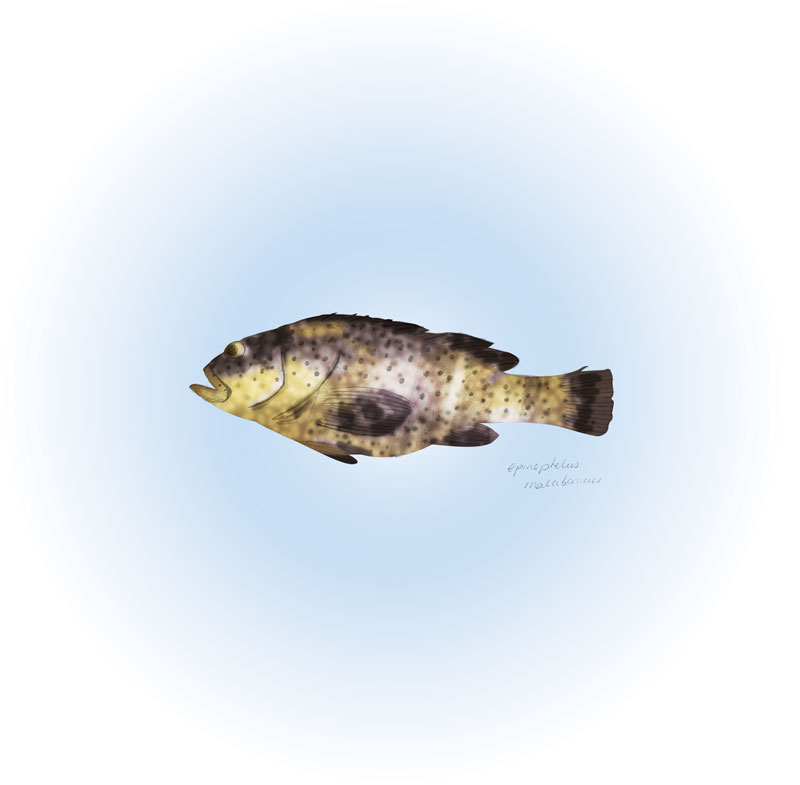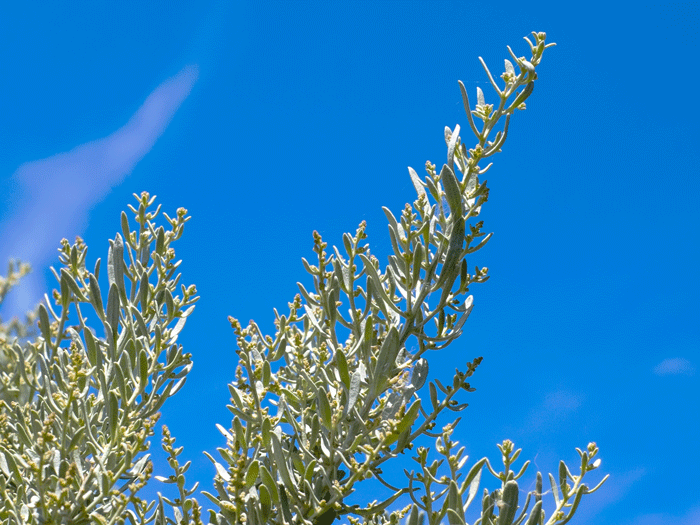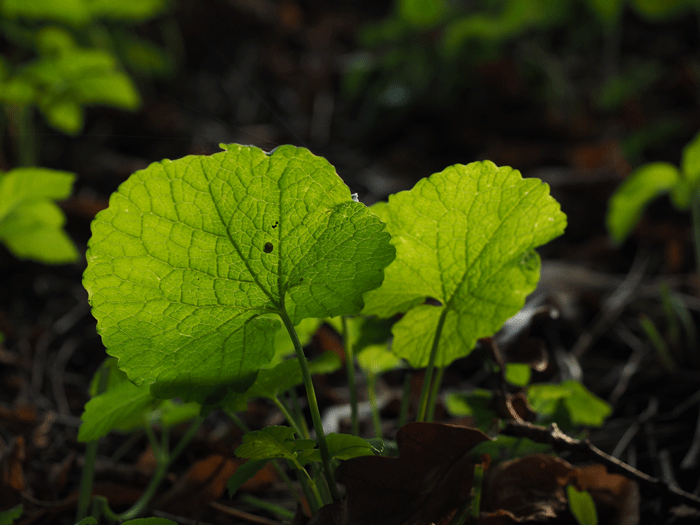The Hidden History of the Maltese Genome
By reading someone’s DNA one can tell how likely they are to develop a disease or whether they are related to the person sitting next to them. By reading a nation’s DNA one can understand why a population is more likely to develop a disease or how a population came to exist. Scott Wilcockson talks to Prof. Alex Felice, Dr Joseph Borg, and Clint Mizzi (University of Malta) about their latest project that aims to sequence the Maltese genome and what it might reveal about the origins and health of the Maltese people.
Gateway for Migrant Rescue in the Mediterranean
My 100 word idea to change Malta
By Prof. Kris Zarb Adami
Falling Walls: Young Talents on Stage
The Falling Walls Lab is an international forum, which aims at building and promoting interdisciplinary connections between young excellent academics, entrepreneurs and professionals from all fields.
The Science Issue: 100 reasons to love science
Science is everywhere. Understand science and you will see the world differently. The sun becomes a giant nuclear reactor full of beautiful equations keeping us alive, while Facebook can be transformed into maths that describes you and your friends. Whilst the most amazing scientific phenomena are happening inside you right now.
A Patchwork Mediterranean: Knitting It Together
The Mediterranean is surrounded by over 20 countries each of which claim ownership over its nearby sea. To try and prevent over fishing and other pressures, many countries have set up protected areas. Jessica Edwards talks to Prof. Patrick J. Schembri who leads the Marine Ecology Research Group (Department of Biology) to find out how all of these areas are being linked to protect the Mediterranean Sea from the threats it faces.
Science… Bacteria… Art…
Bacteria are everywhere, from the top of the windswept cliffs of Dwejra, Gozo, right to the core of the ancient catacombs in Rabat, Malta. Anne Marie Dimech met Dr Gabrielle Zammit to learn about the unique bacteria discovered growing on artworks in ancient Maltese temples and how these bacteria could be useful to medicine.
Cleaning Contaminated Land with Plants
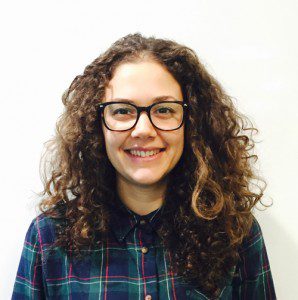
Carmen Sanchez Garcia
Soil sustains wildlife, landscapes, crops, forests, and air and water quality. Our survival and development depends on soil. However, a large amount of metals is being released daily into the environment through household waste, agricultural practices, and industrial activity.
Soil acts as a ‘sink’ for pollution, and depending on the soil’s chemical conditions, metals may persist there for long periods of time, posing a risk for humans and ecosystems. Maltese soils have a high concentration of lead, zinc, and copper. At high concentrations, these metals are harmful to many forms of life and can lead to a host of diseases including cancer. Carmen Sanchez Garcia (supervised by Dr Anthony Sacco) studied how to reduce the level of these metals in Maltese soils using plants instead of conventional methods.Continue reading

